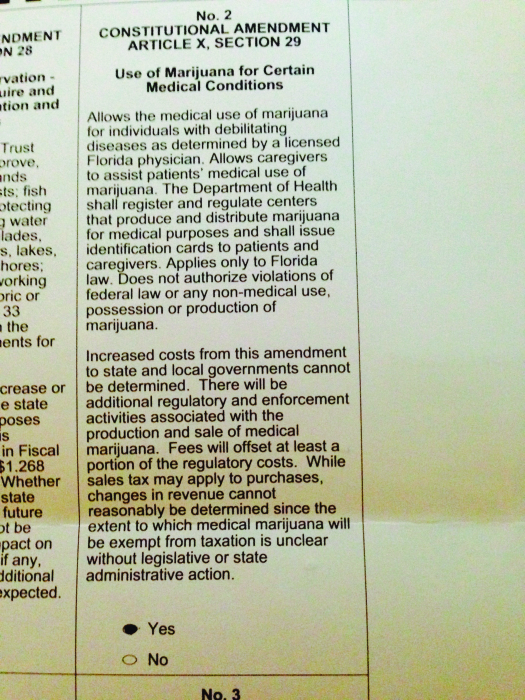| << Chapter < Page | Chapter >> Page > |
Finally, the
recall is one of the more unusual forms of direct democracy; it allows voters to decide whether to remove a government official from office. All states have ways to remove officials, but removal by voters is less common. The recall of California Governor Gray Davis in 2003 and his replacement by Arnold Schwarzenegger is perhaps one of the more famous such recalls. The recent attempt by voters in Wisconsin to recall Governor Scott Walker show how contentious and expensive a recall can be. Walker spent over $60 million in the election to retain his seat.
Politicians are often unwilling to wade into highly political waters if they fear it will harm their chances for reelection. When a legislature refuses to act or change current policy, initiatives allow citizens to take part in the policy process and end the impasse. In Colorado, Amendment 64 allowed the recreational use of marijuana by adults, despite concerns that state law would then conflict with national law. Colorado and Washington’s legalization of recreational marijuana use started a trend, leading to more states adopting similar laws.
How much direct democracy is too much? When citizens want one policy direction and government prefers another, who should prevail?
Consider recent laws and decisions about marijuana. California was the first state to allow the use of medical marijuana, after the passage of Proposition 215 in 1996. Just a few years later, however, in Gonzales v. Raich (2005), the Supreme Court ruled that the U.S. government had the authority to criminalize the use of marijuana. In 2009, Attorney General Eric Holder said the federal government would not seek to prosecute patients using marijuana medically, citing limited resources and other priorities. Perhaps emboldened by the national government’s stance, Colorado voters approved recreational marijuana use in 2012. Since then, other states have followed. Twenty-three states and the District of Columbia now have laws in place that legalize the use of marijuana to varying degrees. In a number of these cases, the decision was made by voters through initiatives and direct democracy ( [link] ).

So where is the problem? First, while citizens of these states believe smoking or consuming marijuana should be legal, the U.S. government does not. The
Controlled Substances Act (CSA), passed by Congress in 1970, declares marijuana a dangerous drug and makes its sale a prosecutable act. And despite Holder’s statement, a 2013 memo by James
Cole , the deputy attorney general, reminded states that marijuana use is still illegal.
Direct democracy has placed the states and its citizens in an interesting position. States have a legal obligation to enforce state laws and the state constitution, yet they also must follow the laws of the United States. Citizens who use marijuana legally in their state are not using it legally in their country. This leads many to question whether direct democracy gives citizens too much power.
Is it a good idea to give citizens the power to pass laws? Or should this power be subjected to checks and balances, as legislative bills are? Why or why not?

Notification Switch
Would you like to follow the 'American government' conversation and receive update notifications?